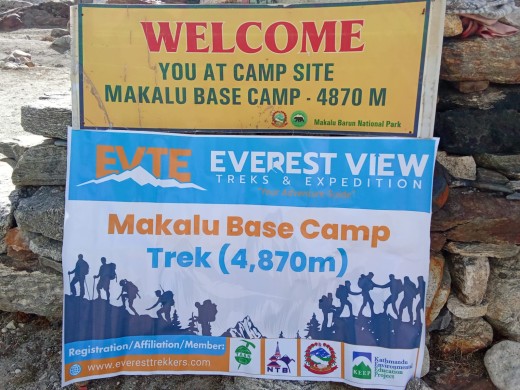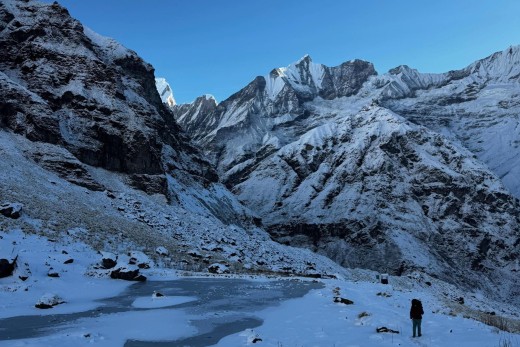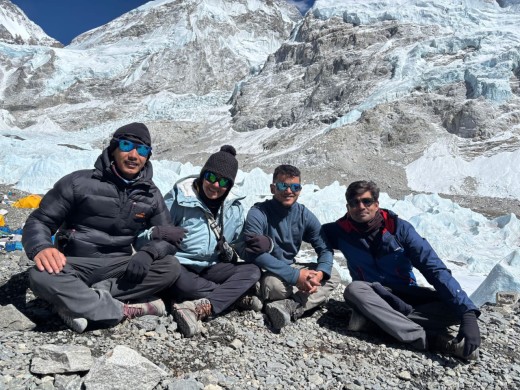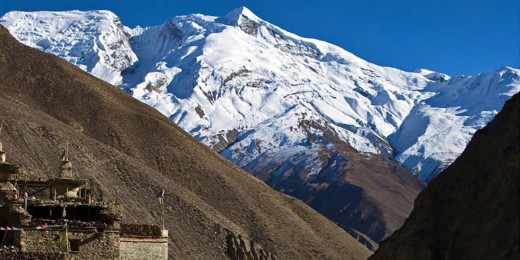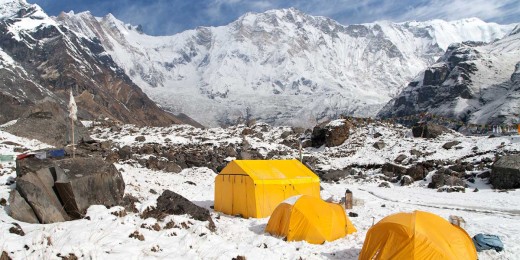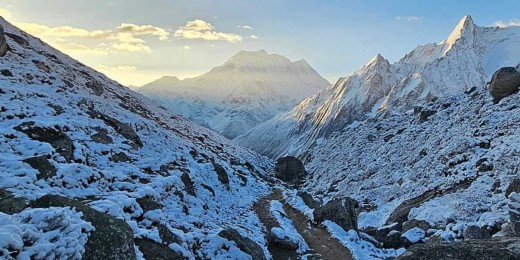Common Mistakes to Avoid on Island Peak with Everest Base Camp Trek
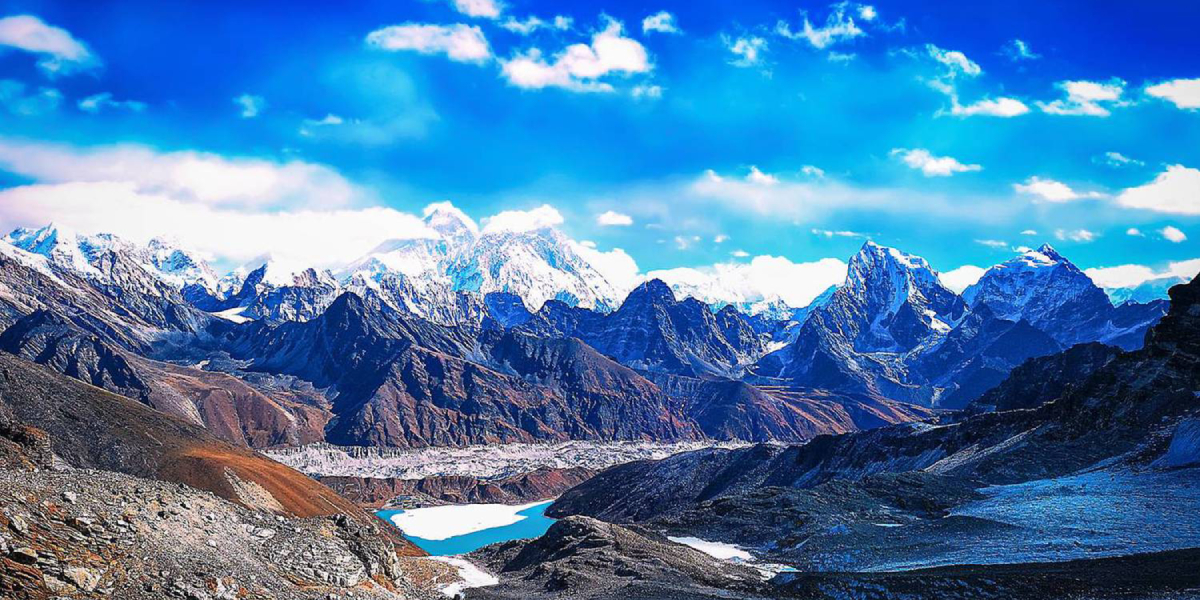
The Island Peak with Everest Base Camp trek is one of Nepal’s most iconic adventures, combining trekking through the Khumbu region with climbing Island Peak (6,189m). While this expedition promises breathtaking views and an unforgettable Himalayan experience, trekkers and climbers often encounter challenges that can reduce enjoyment, increase difficulty, or compromise safety.
Understanding these common mistakes can help adventurers better prepare for the journey, making the trek both safe and memorable.
1. Underestimating the Difficulty
Many trekkers assume that this expedition is similar to standard trekking routes. However, trekking to Everest Base Camp involves long daily walks at high altitudes, and summiting Island Peak is classified as a challenging climb (PD+/AD). The combination of trekking and mountaineering requires good stamina, endurance, and mental preparation.
2. Insufficient Acclimatization
Altitude sickness is a major risk during this trek. Everest Base Camp sits at 5,364 meters, while the Island Peak summit reaches 6,189 meters. Proper acclimatization is essential to reduce the risk of altitude-related illnesses. Rushing the trek without adequate rest or ignoring acclimatization schedules can lead to serious health issues and impact the overall expedition.
3. Inadequate Gear and Equipment
Climbing Island Peak requires specialized equipment such as ice axes, crampons, harnesses, helmets, and ropes, while trekking in the Khumbu region demands warm clothing, sturdy trekking boots, and protective gear. Inadequate or ill-fitting equipment can compromise safety and reduce the overall trekking experience.
4. Ignoring Weather Conditions
Nepal’s Himalayan weather is unpredictable. Sudden changes in temperature, snowstorms, or high winds can make trekking and climbing dangerous. Not accounting for seasonal variations or monitoring weather conditions increases the risk during both trekking and peak climbing.
5. Attempting the Trek Without Guides
Island Peak and Everest Base Camp are remote and challenging areas. Attempting this expedition without professional guidance can lead to navigation errors, delayed response to emergencies, and safety issues. Certified trekking and climbing guides are essential for both safety and a smooth expedition.
6. Overpacking or Underpacking
Managing the right amount of gear is critical. Overpacking increases fatigue, while underpacking leaves trekkers without essential equipment or clothing. Balancing necessities for trekking and climbing, including clothing layers and emergency supplies, is crucial for a comfortable journey.
7. Disregarding Local Culture
The Khumbu region is home to the Sherpa community, Buddhist monasteries, and sacred sites. Ignoring cultural norms or leaving litter can disrupt local life and diminish the authenticity of the trekking experience. Respecting traditions and the environment is an integral part of the journey.
8. Insufficient Fitness for Summit Day
The Island Peak summit day is physically demanding, often lasting 8–12 hours. Lack of prior fitness and preparation can result in exhaustion and reduce the chances of reaching the summit. Trekking through the high-altitude terrain beforehand also requires physical endurance.
9. Not Planning for Emergencies
Unexpected situations such as altitude sickness, minor injuries, or sudden weather changes can arise. Having emergency protocols, first aid, and reliable communication systems are essential components of the expedition.
10. Poor Budget Planning
The cost of this expedition varies based on season and service levels, typically ranging from $2,000 to $4,000. Failing to account for items like permits, gear rental, tips, or personal expenses can create financial difficulties during the trek.
The Island Peak with Everest Base Camp trek offers an unparalleled combination of trekking and peak climbing in the Himalayas. Awareness of common mistakes such as underestimating difficulty, ignoring acclimatization, insufficient gear, and cultural disregard can help trekkers prepare properly, ensuring a safe, successful, and unforgettable Himalayan adventure.
For a detailed itinerary, cost breakdown, and booking information, check our Island Peak with Everest Base Camp Trek page.

